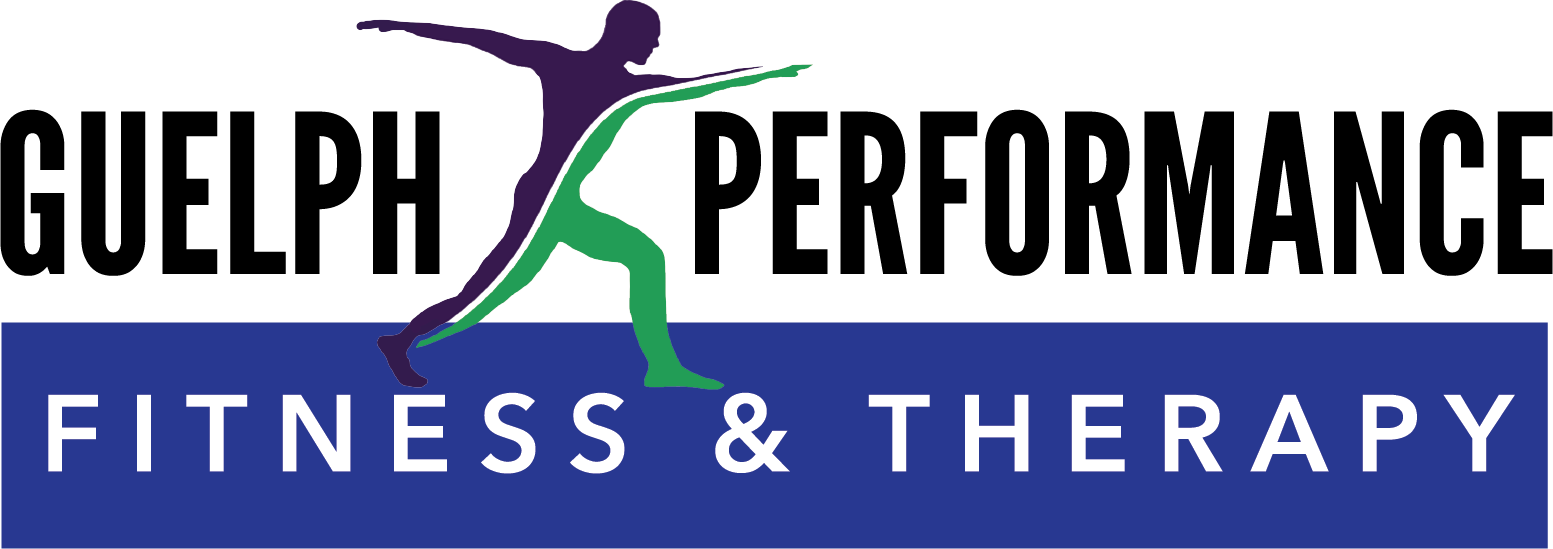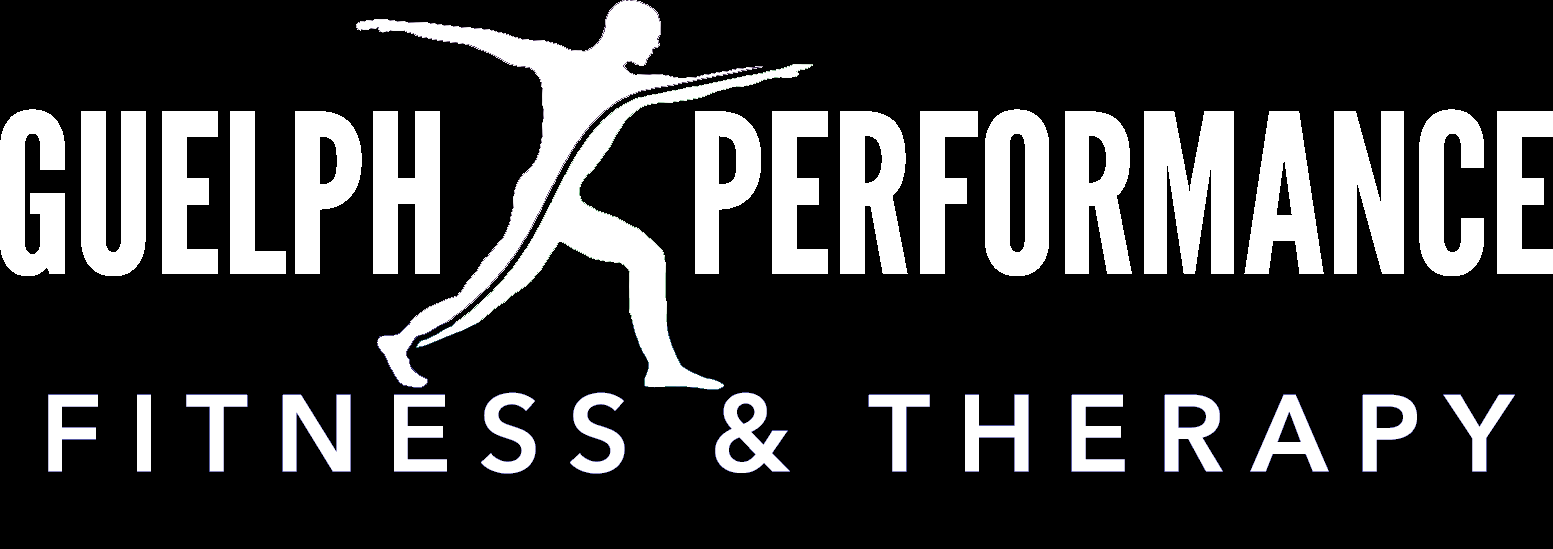Pretty much any gym, especially the franchise ones, requires you to sign a commitment of at least a year. But why?
Well there are a few reasons, but it mostly comes down to profitability.
The monthly average cost of a gym membership hasn’t changed much in the past 30 years. In fact, most people are paying less than they were 30 years ago. Many gyms now advertise a basic membership for as little as $10 a month.
But as the adage goes, “if a deal seems to good to be true, it probably is.”
Gyms attract lots of members with low advertised rates, but they can’t make money charging so little. So they use contracts. In a contract, they can hide unadvertised costs and tie you into paying for things you might not need or ever use.
Contracts hide unadvertised costs
Joining a gym is exciting and you’re thrown a flurry of information all at once. The rules, the layout of the gym, times of classes, and more. So much that it’s easy to miss a few crucial bits of information, like extra charges.
Things like initiation fees, maintenance fees, late payment fees, cancellation fees, and more.
This is where the true cost of a gym membership hides. If the membership fee only looks like it’ll be $120 for the year, there’s likely $200-$300, or more in added fees. It’s not uncommon for a new gym member to be surprised by a bigger than expected amount at their first payment, or midway through the contract.
And there’s a terrible feeling when you’re taken advantage of.
Unfortunately, these practices are common and buyer’s remorse is huge in this industry (just look at Kijiji or Marketplace for people trying to offload their contracts).
So how can you avoid being taken advantage of?
Here are a few ways to avoid a costly gym contract:
- Be clear with any salesperson you speak to. Ask direct questions like, “What is the total cost for a year membership?” And get it in writing.
- Ask if you can prepay for the year. Putting the money down means they don’t need your credit card so you won’t be charged extra, and the gym gets a lump sum. It’s a win-win.
- Don’t be afraid to walk away. It’s a salesperson’s job to make the sale, so don’t let them sway you with added pressure. The deal they’re offering, or a similar one, will always be available whether you sign today or not.
- Any contract that doesn’t have a clear time period should never be signed. This is how a lot of gyms make money, by locking you in forever. And by having a cancellation fee, members get stuck because it’s cheaper to stay and avoid the cancellation fee than to switch gyms.
- Avoid the big franchise gyms. Locally-owned independent gyms are usually less busy, and will often be cheaper because they don’t have contracts.
At the end of the day, it comes down to being a smart consumer. It can be difficult though, as most of the bigger chain gyms spend hours and hours training their salespeople to make sales. But do your research and look at all the numbers.
Check out this real-world example
For example, here at GPFT we charge $30 a month. No contract, you just pay for what you’ll use. Which means at the end of the year, you’ll pay $360.
Now let’s compare to another local gym that advertises as $5 biweekly. Sounds like it’ll be cheaper, right? Maybe not.
Listed on their site in a small font you’ll see that for their lowest commitment tier, the price is actually $8 bi-weekly. Still not bad, but let’s keep looking. There’s also a $99 start-up fee. And a $20 access card fee. And a “maintenance fee” of $25.
So, all in for your first year, you’re looking at $378. Still a decent deal, but not as cheap as you’d been originally led to believe. And it’s all hidden within the details of the contract. And you have no freedom to avoid payments if you’re away or taking a break from the gym.
So why doesn’t GPFT have contracts?
What it comes down to is that we’re not the kind of gym that profits from people that don’t use the gym. We want our members to be here. We are profitable by helping people to become and stay healthy and uninjured. This means making sure our members use the gym, get treated when they’re injured, and continue to live a healthy lifestyle.
What it all comes down to is that what’s most important is finding a gym that you like and will enjoy going to. Having a gym membership and not using it is bad not just for your pocketbook, but your overall health! All you need to do is a little bit of homework before signing your name.
And if you want to come and see what having the freedom of a no-contract gym membership is like, come check us out for a free two-week trial!



